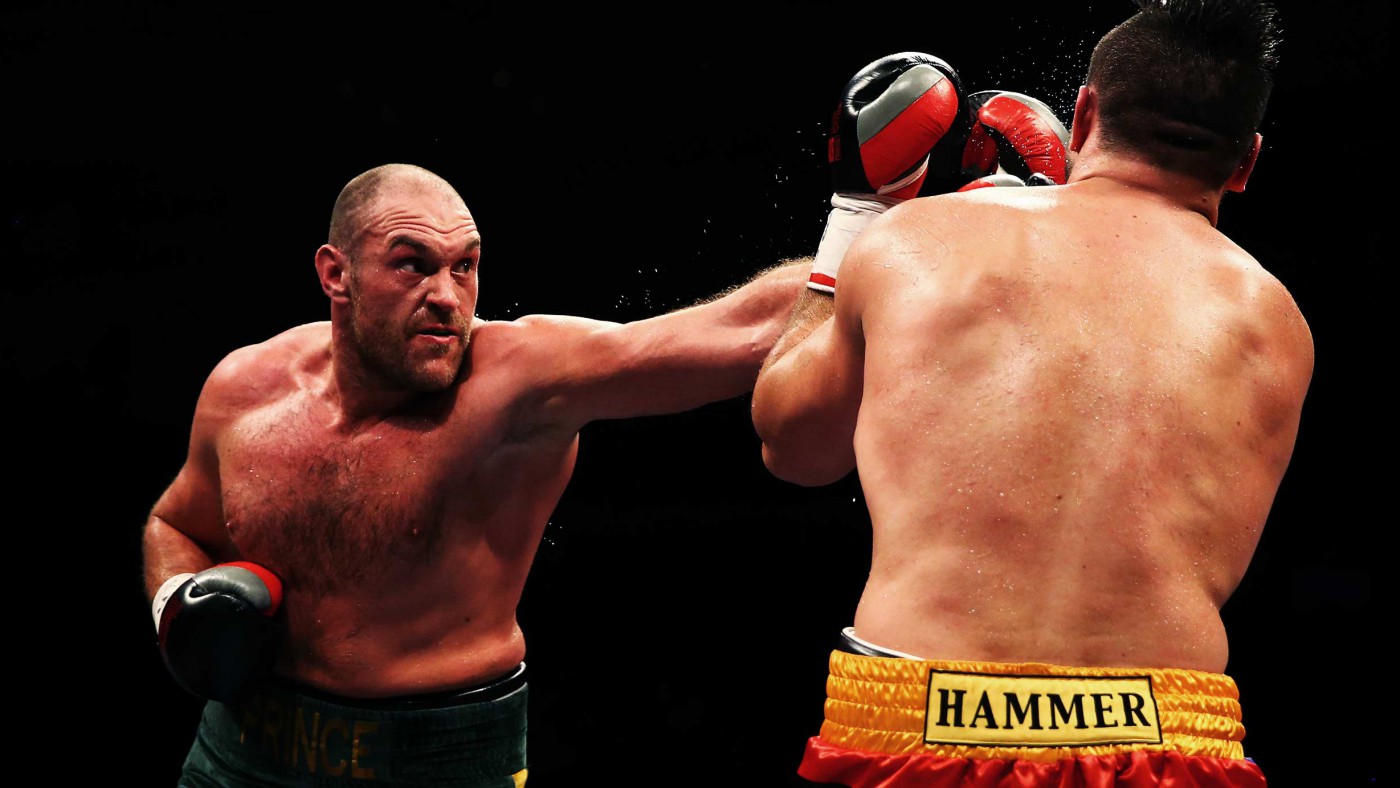As I write this, nearly 90,000 Britons have put their names to a petition demanding that Donald Trump be prohibited from entering the United Kingdom. By the time you read this, thousands more will doubtless have added their names to the list, confirming that there is never any shortage of fatheaded nincompoops prepared to demonstrate their shallow understanding of the principles that mark an open society. One notionally-liberal newspaper – “The Independent” – even devotes its front page to this issue this morning. “Ban him from Britain”, the paper simpers.
This being the case, it is hardly surprising that politicians have leapt aboard the bandwagon. Tasmina Ahmed-Sheikh, an SNP MP and close ally of Alex Salmond, is leading the way. According to her, Trump’s (lunatic) suggestion muslims be banned from entering the United States amounts to the kind of “hate-preaching” that should in turn prevent him from visiting the United Kingdom.
Meanwhile, the back pages of the newspapers ruminate on the vexed question of whether or not Tyson Fury, the new heavyweight boxing champion of the world, passes an obscure and hitherto unknown “fit and proper person” test that qualifies him for inclusion on the short-list of candidates for the BBC’s “Sports Personality of the Year” awards. Fury, you see, has robustly old-fashioned views on the status of women – they belong “on their back” and in the kitchen – and homosexuals (they do not really belong anywhere, he says). Consequently, it is wrong, and perhaps even vile, that he be included on the SPOTY short-list. He has committed a thought crime and must be punished.
Give me strength.
Sports Personality of the Year is a beauty contest for sporting achievement, not a referendum on good character. (It is worth observing, not that doing so will make any difference, that “personality” had a very different meaning when the contest was established in 1954). It has been previously been won by adulterers and athletes who have failed drugs tests. Last year’s winner, the motor racing driver Lewis Hamilton, is a tax-exile. Character and “being a role model” has nothing to do with it.
You might wish it otherwise just as you might wish Fury held more attractive, or more modern, views. But by any reasonable definition of sporting success he deserves his place among the dozen contenders for the bauble.
But, of course, not voting for Fury is much too limited a protest just as ignoring Trump’s deranged ego-stroking performance art is, apparently, an insufficient reaction to his latest provocations. Fury must instead be made an example of and Trump must be punished for daring to express thoughts that, however ugly, are also more widely-held than you might believe.
If we ban something, you see, that something will disappear. Even better, by banning ugly speech we will be able to demonstrate our moral superiority. And, when push comes to shove, that’s what matters most. Smugness warms the soul like nothing else this winter and every place must be a “safe space”.
Actually, if you really want to confront sexism and homophobia in sport then it seems to me you should welcome Fury’s rise to prominence. His views, disagreeable as they may be, create room for discussion of these issues and how they may, in time, be addressed. Trump, for all his bouffant frothiness, does something similar, albeit unwittingly. In each instance, the villains create an opportunity for a stout defence of liberal values. That should be worth something.
You’d hope that soi-disant “liberals” might understand this but you might as well wish for the moon. Repeat after me: there is no right not to be offended. But if we must be outraged let us be more outraged by those who seek to stymy and prohibit speech than by those whose speech the censors would have us suppress.
I deplore Donald Trump and have little admiration for the cut of Tyson Fury’s jib but, damn it, I’ll defend their right to be objectionable – and even repellent – if the alternative is siding with those who instinctively react to disagreeable opinions by seeking to suppress them. These people pose a vastly greater threat to liberalism and public decency than the people they deplore themselves.
These arguments over Trump and Fury might seem trivial but they are minor manifestations of a much larger issue. Remember January? Remember “Charlie Hebdo”? Remember all the pious declarations of sympathy and support and solidarity? Remember how politicians discovered that free speech might actually be something worth defending? Remember “Je suis Charlie”?
I do. And I also remember suspecting that, for far too many people, it was only guff. The sort of thing you had to say because it was the sort of thing, in the aftermath of a terrorist atrocity, you had to say. Even at the time you suspected that many of the people parading their sanctimony in this fashion were no true friends of liberalism; many of them, you knew, would fail future tests. Even easy ones.
So it has proved. Trump and Fury do not, in themselves, matter very much. But the reaction to their speech does matter. It is always depressing to discover that there are vastly fewer liberals in this country than you might wish there to be. But that discovery should no longer surprise us.


